April 14, 2025 | 10:43 GMT +7
April 14, 2025 | 10:43 GMT +7
Hotline: 0913.378.918
April 14, 2025 | 10:43 GMT +7
Hotline: 0913.378.918
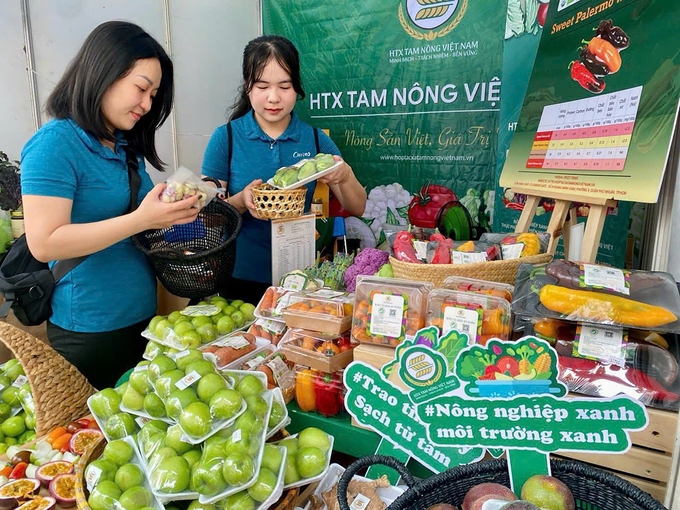
Green agriculture and green environment are being implemented by many cooperatives and enterprises for sustainable development in the future. Photo: Nguyen Thuy.
The practices of "greenization" in production and consumption have become a critical factor in the face of numerous severe challenges, including climate change, environmental degradation, and resource scarcity.
This is either a trend or a long-term strategy that aims to bolster the competitiveness capacity of enterprises and confirm their strong branding in the international market.
Ho Thi Quyen, the Deputy Director of the Investment and Trade Promotion Center in Ho Chi Minh City, said that the promotion of sustainable production and consumption is the responsibility of both individual enterprises and society as a whole during the current phase of development.
"Greening production and consumption not only helps reduce negative environmental impacts but also brings long-term economic benefits, improves quality of life, and moves towards a circular economy," Ms. Quyen stated.
According to a report from the General Statistics Office, Vietnam's industrial sector experienced consistent development in 2024, with an 8.4% increase in the production index. The food processing industry continues to encounter numerous challenges, despite the significant expansion of the processing, manufacturing, and electricity production sectors. The environmental and food safety standards of main export markets, including the United States and the EU, are becoming more rigorous.
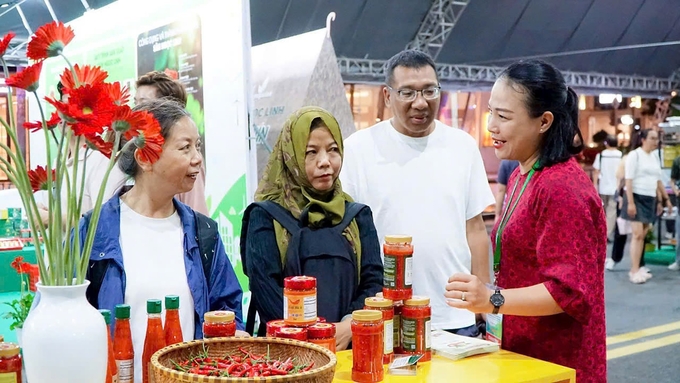
Ms. Nguyen Thi Van Anh (far right), Chairwoman of Tam Nong Vietnam Cooperative, introduced deeply processed products from organically grown agricultural products at international fairs and exhibitions.
In Ho Chi Minh City, a recent survey revealed that up to 59% of consumers expressed a desire to use ecological products in the future. Additionally, 44% of respondents are amenable to contributing an additional 5-10% to promote sustainable consumption. Nevertheless, the actual proportion of green product purchases remains relatively low, despite the increasing awareness of green consumption. The primary causes of this are the exorbitant prices of these products and the absence of widespread information regarding the advantages of environmentally friendly consumption.
Green production has evolved into an indispensable necessity, particularly in the agricultural and food processing sectors, rather than merely an alternative.
In order to comply with international standards, businesses must implement clean technologies and create environmentally friendly products. This not only protects the environment but also enhances brand value and competitiveness.
Ms. Nguyen Thi Thanh Phuong, Director of Environmental Services at Eurofins Sac Ky Hai Dang, is of the opinion that the implementation of ESG (Environmental, Social, Governance) standards is becoming an increasingly significant factor in the evaluation of the "health" of businesses, in addition to the development of green products. This is also a critical component in the process of attracting investment capital and enhancing the value of the business.
Nestle and Vinamilk, among other large enterprises, have illustrated the importance of the effective implementation of ESG practices for long-term economic gains and environmental benefits.
Ms. Nguyen Thi Van Anh, Chairwoman of Tam Nong Vietnam Cooperative, provided a detailed explanation of the green production process. She stated that the cooperative's products are grown in designated growing areas in Cu Chi (Ho Chi Minh city), Dong Nai, and Lam Dong, which are entirely distinct from traditional agricultural zones. The products are subject to rigorous regulation in order to ensure that they meet export standards, which include soil, growing media, organic fertilizers, and environmental conditions.
Tam Nong Vietnam Cooperative not only cultivates and collaborates with agricultural raw material regions to produce commodities such as ST25 rice and a variety of fruits and vegetables, but also transforms them into high-value products for export, including fermented chili sauce, freeze-dried fruit, and frozen fruit.
In addition to securing primary material sources, in order to satisfy the stringent specifications of the Japanese market, According to Ms. Nguyen Thi Van Anh, the cooperative has selected aluminum containers as the packaging for deep-processed products, including frozen durian, frozen jackfruit, and frozen chili.
"Aluminum trays offer three primary advantages: improved product preservation, consumer health safety, and environmental sustainability." Aluminum trays are entirely recyclable, which contributes to the reduction of waste and the advancement of a sustainable ecosystem. Ms. Nguyen Thi Van Anh emphasized that this is a critical factor that has facilitated the international market penetration of Tam Nong Vietnam's products.
Translated by Linh Linh

(VAN) According to Deputy Prime Minister Bui Thanh Son, through this P4G Summit, Vietnam aims to convey the message of transforming its growth model towards rapid and sustainable development.
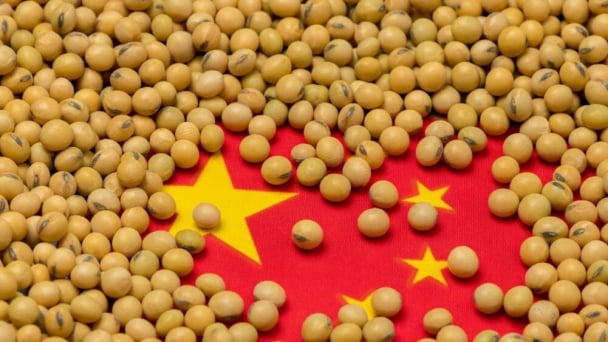
(VAN) Soybean production has been a priority for China to ensure food security, with increased soybean cultivation and yields highlighted in the annual No. 1 Central document.
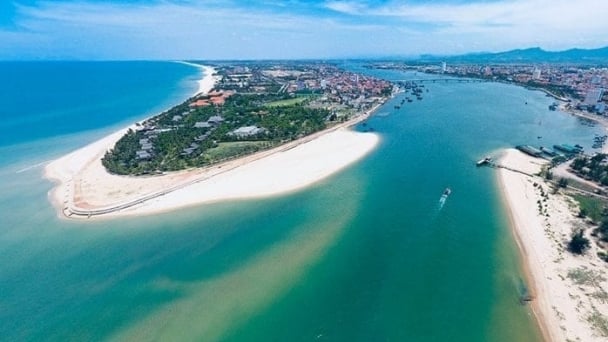
(VAN) Vietnam Sea and Islands Week 2025 is expected to take place in Quang Binh, featuring a series of meaningful activities aimed at protecting the ocean through green technology solutions.
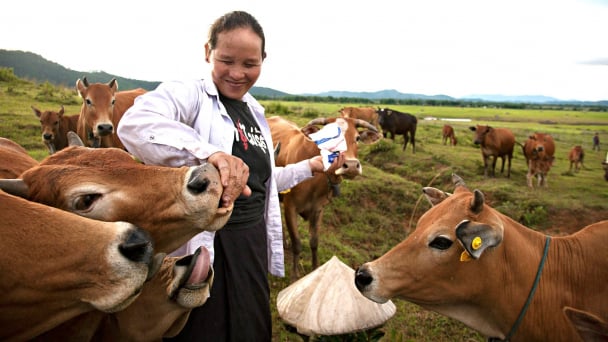
(VAN) The One Health approach is no longer merely an option, as increasingly complex challenges confront health and food systems.
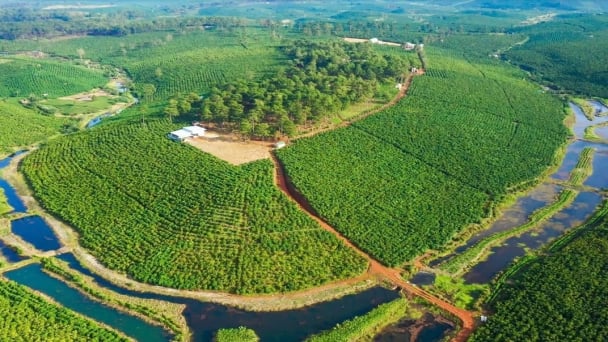
(VAN) The project promoting sustainable coffee production, with a focus on waste management and raising farmers’ awareness, has achieved many positive results after nearly two years of implementation.
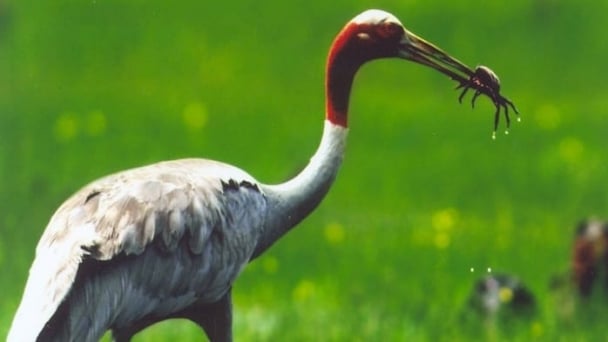
(VAN) Transferring and receiving 6 individuals of the red-crowned crane from Thailand to Vietnam marks a significant milestone in the conservation efforts for this species.
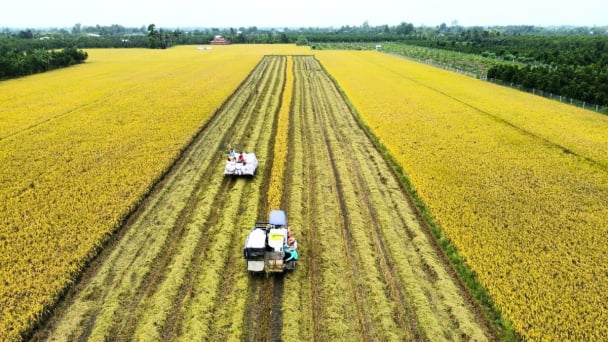
(VAN) After more than a year of implementation, the One Million Hectares of High-Quality, Low-Emission Rice project has completed the first steps, but it needs breakthrough solutions to deepen impacts in the upcoming phase.